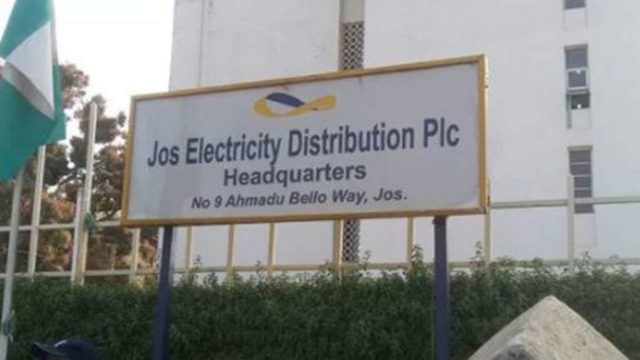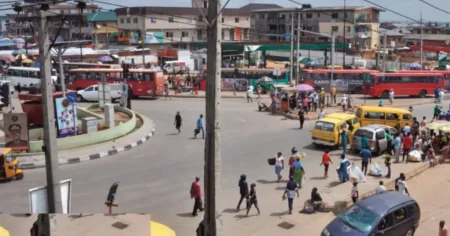A devastating electrical surge in the Tudun Wada Pantami area of Gombe State, Nigeria, tragically claimed the lives of five individuals, including the Permanent Secretary for Special Duties and Regional Coordination, and injured thirteen others. The Nigerian Electricity Management Services (NEMSA), the regulatory body responsible for electrical safety, conducted a thorough investigation into the incident and attributed the catastrophe to the negligence of the Jos Electricity Distribution Company (JEDC), the utility company responsible for the area’s power distribution. NEMSA’s investigation revealed a cascade of systemic failures and infrastructural deficiencies within JEDC’s network that directly contributed to the surge and subsequent fatalities.
NEMSA’s investigation uncovered a network riddled with aging and poorly maintained infrastructure. The use of deteriorated wooden cross arms, the absence of crucial safety devices such as circuit breakers and residual current devices (RCDs) in consumer installations, aged low-tension conductors, poorly maintained substations, and inadequate clearances between high-tension lines and residential structures all contributed to the hazardous conditions. The investigation pinpointed the failure of the protection and tripping unit at the Riyal Injection Substation as a critical factor in the incident. This failure was attributed to a non-functional battery bank, which prevented the system from automatically isolating the fault, allowing the deadly surge to persist until manual intervention occurred.
Critically, NEMSA highlighted that the tragedy could have been averted. The agency had previously issued a formal warning to JEDC regarding the hazardous state of their network in Gombe metropolis. On April 30, 2023, NEMSA sent a letter to JEDC’s Managing Director and Chief Executive Officer, explicitly detailing the observed defects and the inherent risks they posed to public safety. The letter urged JEDC to undertake immediate repairs to mitigate the potential for accidents. Tragically, JEDC disregarded these warnings, failing to address the identified issues and ultimately leading to the fatal incident. This disregard for safety protocols and necessary maintenance underscores a critical failure in JEDC’s responsibility to ensure the safety and reliability of their power distribution network.
The sequence of events leading to the surge began with a snapped high-tension (11kV) power line, which came into contact with a lower-voltage (400V) line. This contact created an uncontrolled surge of electricity, sending dangerous levels of voltage coursing through the local distribution network and into residential homes. Eyewitness accounts and technical evaluations conducted by NEMSA confirmed that the initial structural failure occurred on a high-tension wooden cross-arm support, leading to the detachment of the high-tension conductor. The ensuing contact with the low-voltage line triggered widespread electrical sparks, severe electric shocks, and the electrocution of the five victims. The chaotic scene was further exacerbated as residents scrambled to disconnect their power supplies, resulting in additional injuries.
The incident sparked outrage and grief within the affected community, highlighting the devastating consequences of neglected infrastructure and the urgent need for improved safety standards within the Nigerian electricity sector. JEDC, in a statement following the incident, expressed their sorrow but stopped short of accepting full responsibility. They acknowledged the incident and the palpable tension within the community, promising to monitor the situation. While expressing condolences, this response fell short of addressing the systemic failures that led to the tragedy.
In the aftermath of the tragedy, NEMSA reiterated its commitment to ensuring safety within the Nigerian Electricity Supply Industry. The agency pledged to work closely with JEDC and other relevant stakeholders to implement corrective measures, including the replacement of dilapidated infrastructure in the affected area, enforcing the installation of appropriate protective devices in buildings, and conducting comprehensive safety inspections across the distribution network. NEMSA also emphasized the importance of public awareness regarding electrical safety, advising against activities such as staying, erecting buildings, or conducting business under power lines. The agency emphasized the inherent dangers associated with electricity and the need for safe and responsible usage. This incident serves as a stark reminder of the crucial role of regulatory oversight and the importance of prioritizing safety and maintenance within the electricity sector to prevent future tragedies.














